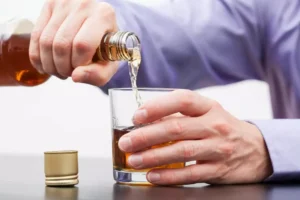
Breathing problems — Since alcohol’s sedative effect extends to your entire body, including your muscles, it may allow your airway to close more easily while you’re asleep. This can greatly increase the risk of sleep apnea especially if you drink within the last couple of hours before bedtime. Anyone does alcohol help you sleep who has experienced a restless night after a few drinks can attest to alcohol’s disruptive effect on sleep.
- Avidan says he’s recommended patients try drinking tart cherry juice for sleep.
- It’s clear that using alcohol as a sleep aid leads to poorer sleep and disrupted sleep can lead to an even greater dependence on alcohol.
- And because alcohol initially makes it more difficult for a person to wake up, they can experience longer obstructions in breathing before they’re roused enough to breathe normally.
- It’s no secret that these events and the alcohol that comes with them can wreak havoc on sleep, leaving us feeling washed out.
- Peters is a board-certified neurologist and sleep medicine specialist and is a fellow of the American Academy of Sleep Medicine.
Alcohol and Insomnia: That Nightcap Might Keep You Up at Night
Also, there’s a lack of data to hint at whether it’s helping sleep or not and whether it comes with any other risks. “It’s hard to make a recommendation here because it’s not backed by data,” says Avidan. These impairments could mean the danger signs related to substance use — and excess alcohol consumption — are missed. For some of us, the relaxation gained from sipping a fine single malt in front of a roaring fire can outweigh the possible effects of the alcohol later that night, given that relaxation before sleep will improve your sleep. Too many pints — or that extra glass of wine — can be the trigger for waking up bathed in sweat with your pillow soaking wet. If you pass the moderate threshold, though, you’ll get a lot =https://ecosoberhouse.com/ more of that initial non-REM sleep, but significantly reduce the total percentage of REM sleep over the whole night.
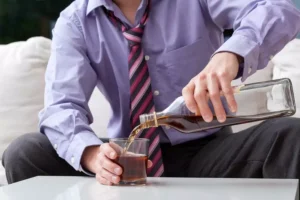
How to sleep after drinking
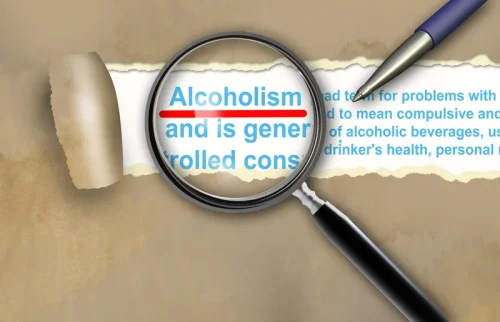
Sure, that nightcap, last glass of wine or beer before bed may help you feel sleepy. But it can actually end up robbing you of a good night’s rest — or worse, could cause some challenging sleep problems. Ultimately it can make some people more vulnerable to sleep apnea or exacerbate the symptoms for those who already have it. While marijuana addiction most people think REM sleep is the deepest stage of sleep, it’s actually the lightest sleep stage next to N1.
How much alcohol affects sleep?
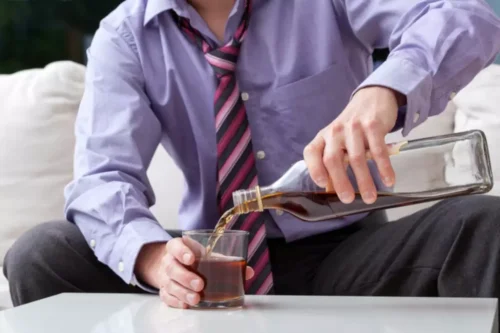
Peters is a board-certified neurologist and sleep medicine specialist and is a fellow of the American Academy of Sleep Medicine. Research has suggested there may be a link between dehydration and poorer sleep, but more data is needed to explain exactly if one causes the other and if so, specifically which one causes which. Here’s a list of the best and worst beverages for your sleep — and the ones the sleep medicine jury is still out on.
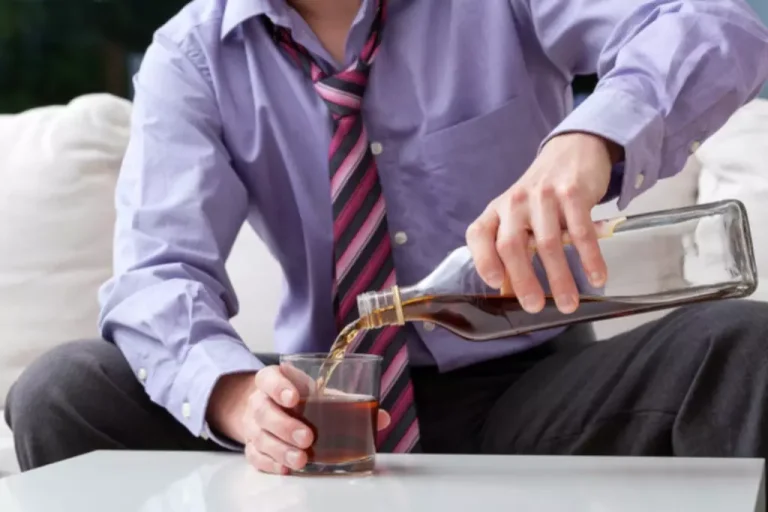
Luigi Mangione: 5 things to know about Gilman grad who’s a person of interest in health care CEO’s killing
On the contrary, as alcohol passes through the body, it exerts a number of biochemical effects that tend to lead to poorer sleep. Understanding the effects of alcohol on sleep is the first step toward preventing alcohol-related sleep problems. For many people who drink moderately, falling asleep more quickly may seem like an advantage of a nightly glass of wine. Reducing your alcohol intake, especially in the hours leading up to your bedtime, can help you wake up well-rested and energized in the morning. In addition, since poor sleep can negatively affect one’s health, the benefits of a restful night go beyond feeling alert in the morning.
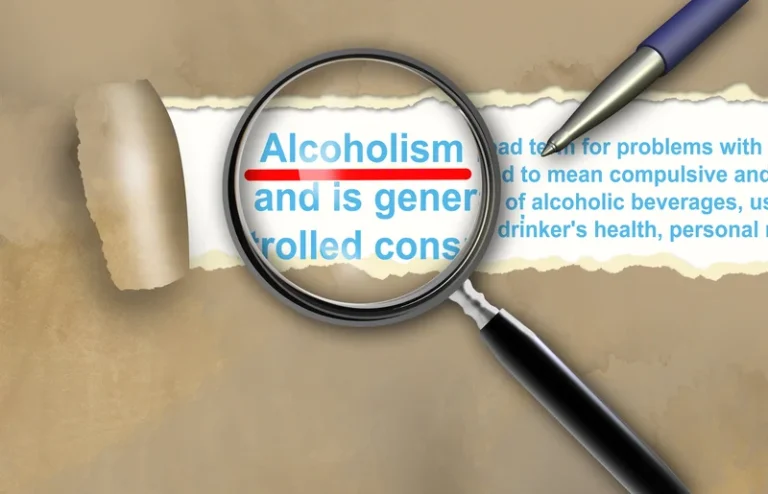
But part of a smart, sleep-friendly lifestyle is managing alcohol consumption so it doesn’t disrupt your sleep and circadian rhythms. Sleep apnea is a common disorder that causes breathing to repeatedly stop and restart during sleep, affecting the amount of oxygen your body gets. Individuals with sleep apnea often snore, gasp for air while asleep and wake frequently throughout the night. You may wake feeling tired, groggy and not well rested—even if you seemingly slept the entire night. While this may work for a short time, typically, more alcohol is needed to accomplish this over time.

